Design & Technology
Overview of Department
At Rye College, we recognise Design Technology as being an inspiring, rigorous and practical subject that is an important means of helping our students create bright futures for themselves and for the wider community. Using creativity and imagination, our students design and make products that serve to solve real and relevant problems within a variety of contexts, considering their own and others’ needs, wants and values.
Curriculum Statement: Values and Aims
Design & Technology at Rye College incorporates the following areas: Engineering, Electronics, Information and Communication Technology (ICT), and Food Technology.
Students learn design and making process to understand how we solve problems and create interesting, exciting products.
Areas of focus include: planning for manufacture, designing to meet specific needs, safety and skill with hand and machine tools, and an understanding of basic electronic systems. Students also build upon skills learnt throughout the Key Stage to understand materials, their properties and where they come from. Selecting the correct materials and processes are vital when designing and making products.
Using our design skills, we try to make sure that we only use resources which have as limited an impact on our environment as possible. Looking at the six Rs (reduce, re-use, recycle, rethink, refuse, and repair) and sustainability, we explore the world of manufacturing and production methods used in the workshop and in industry to create responsible and ethically aware designers and makers. Resilience. If it doesn't work, fix it!
Students are taught the importance of safe and responsible use of internet and mobile digital devices. This is a whole school approach - through assemblies, mentor time and all curriculum areas, E-Safety is reinforced so that students are aware of and can manage the risks of using the internet, but is a key part of our ICT curriculum.
This three-year course is designed to dovetail into the Level 2 qualifications in Engineering Design, and Programmable Systems (electronics).
Everybody needs to be able to cook! In Cooking lessons, students learn about nutrition and healthy eating, cooking dishes including stir fry, bread, pasta, pizza, biscuits, risotto, chili, pastries and healthy snack bars. Students also learn to be safe and hygienic in the kitchen. Students develop the skills to cook and produce food for themselves and their families. In addition, students learn about staple foods and the main food groups. Students are equipped to make better choices about their diets and healthy life-styles.
This three-year course is designed to give students the knowledge and skills they need to make healthy nutrition choices and be confident young cooks.
Progression Routes
After completing the Level 2 Cambridge National Engineering course, students can:
- Advance to Level 3 Courses
- Diplomas and Extended Diplomas: Specialise in Mechanical, Electrical, or Manufacturing Engineering.
- Start an Apprenticeship
- Advanced Apprenticeships: Gain practical experience and further study in a work setting.
- Enter Employment
- Entry-Level Positions: Roles like junior technician, maintenance engineer, or production operative in various industries.
- Further Education
- Specialised Training: Enroll in programmes focusing on specific engineering skills or technologies.
Benefits
- Improved Skills: Gain advanced technical skills.
- Career Growth: Access more job opportunities and potential for higher earnings.
- Professional Development: Stay updated with industry advancements.
